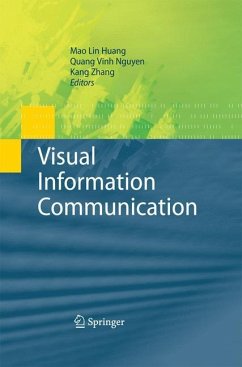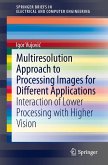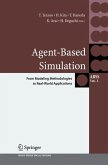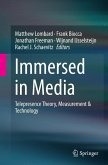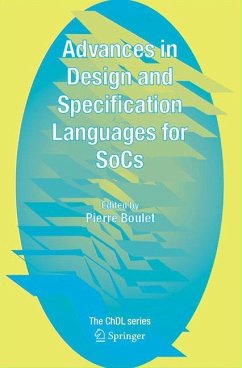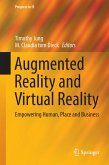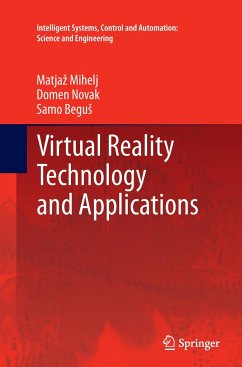Visual communication through graphical and sign languages has long been conducted among human beings of different backgrounds and cultures, and in recent decades between human and machine. In today's digital world, visual information is typically encoded with various metaphors commonly used in daily life to facilitate rapid comprehension and easy analysis during the communication process. Visual information communication generally encompasses information visualization, graphical user-interfaces, visual analytics, visual languages and multi-media processing. It has been successfully employed in knowledge discovery, end-user programming, modeling, rapid systems prototyping, education, and design activities by people of many disciplines including architects, artists, children, engineers, and scientists. In addition, visual information is increasingly being used to facilitate human-human communication through the Internet and Web technology, and electronic mobile devices. This manuscript provides the cutting-edge techniques, approaches and the latest ongoing researches in the context of visual information communication. It is a collection of 24 chapters selected from more than 60 submissions to the VINCI'09 - 2009 Visual Information Communications International Conference, that is held in Sydney Australia, September 2009. These chapters were selected through a stringent review process to ensure their high standard in quality, significance and relevance. Each chapter was reviewed by at least two international Program Committee members of VINCI'09. The book covers a broad range of contents in five key sub-areas of visual information communication, including.

